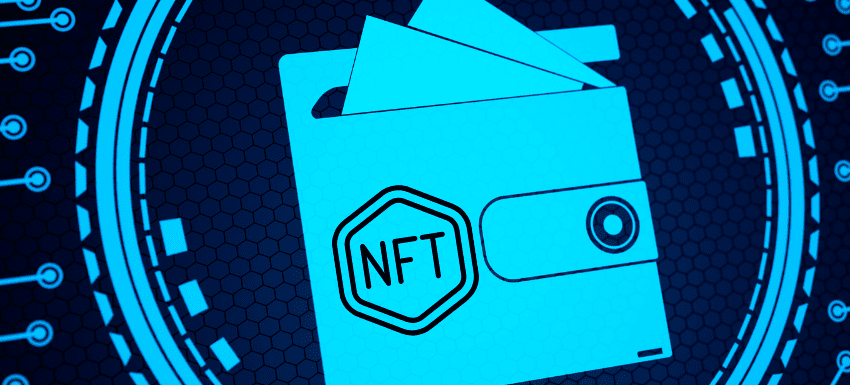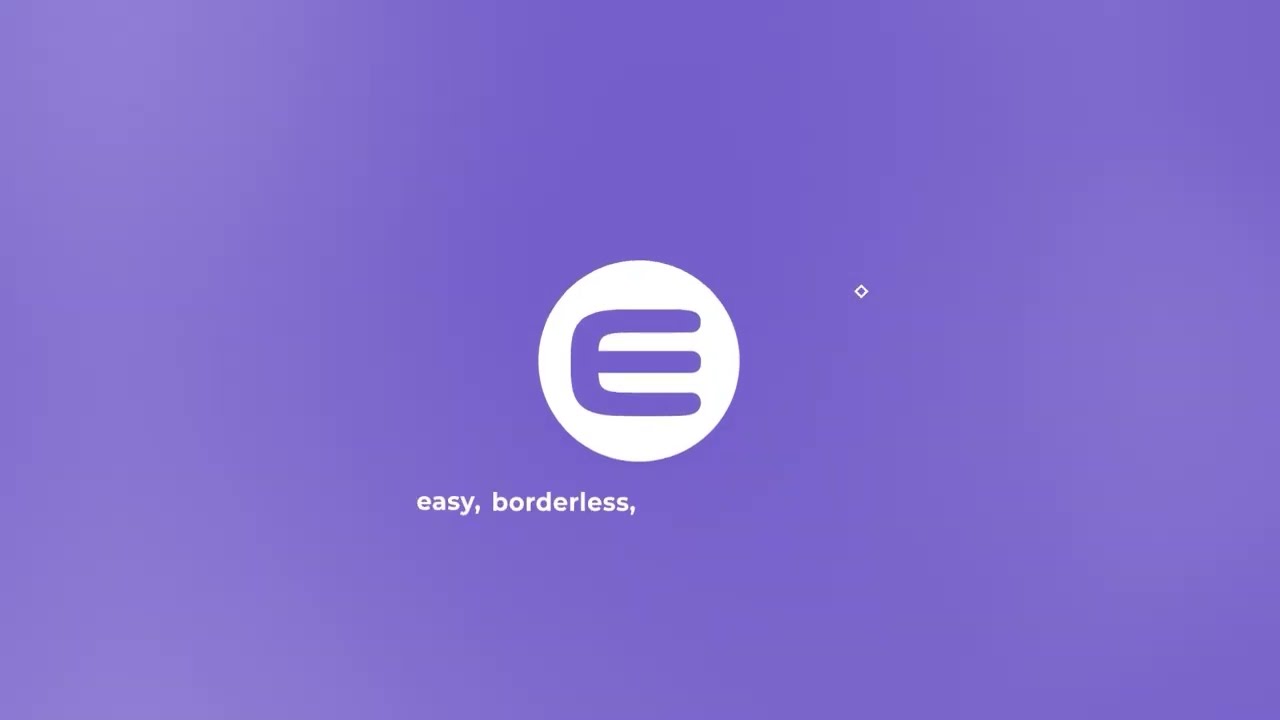When it comes to storing your digital assets and ensuring their security, it is important to choose a reliable NFT wallet.
However, these wallets do not actually store your NFTs; instead, they hold the keys allowing you access to your assets over the blockchain and proving your ownership. In this article, we will cover the basics of NFTs and take a closer look at the safest NFT wallets on the market.
NFT Basics
NFTs refer to a type of digital token that cannot be exchanged for another token of the same type. To put it into perspective, think of a dollar bill with a serial number on it. The serial number is an identifier but is unrelated to the dollar’s value. Dollar bills, or for that matter any fiat currency, is interchangeable with another. In contrast, an NFT is the exact opposite of a fungible asset.
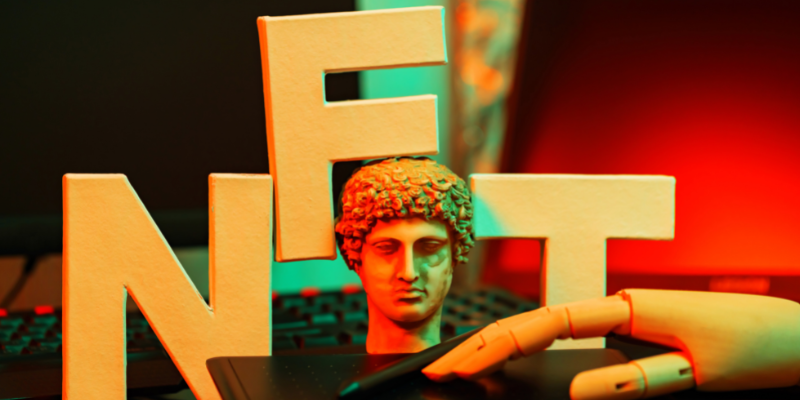
When it comes to NFTs, the token is essentially a digital file containing a link to a media file stored somewhere on a computer. The most valuable aspect of the NFT is its record of ownership. This record is stored on the blockchain and cannot be altered, giving the NFT its provenance, i.e., the history of all its previous owners. This provenance is part of what makes NFTs valuable.
Currently, different types of NFTs in the market represent images, music, video, or data. However, when people talk about NFTs, they usually refer to image-based NFTs, specifically the ProFile-Picture type or PFP. These NFTs often come in batches of mostly 10,000, accounting for 90% of the NFT market.
You cannot simply fold up a digital asset and put it in your pocket or stack it in a safe. Instead, having a unique cryptocurrency wallet/NFT Wallet tool would be best. An NFT wallet is a physical device or computer program that enables you to store and transfer digital assets securely.
But how exactly do NFT wallets work?
To give an overview of the basics of NFT wallets and their functions, you have to realize storing and transferring digital assets can be quite different from traditional physical assets like cash.
Creating a wallet generates a unique series of words automatically known as a seed phrase or recovery phrase. This seed phrase is then used to build private keys, like passwords, that give you access to specific items within your wallet. You must keep your seed phrase and private keys secret and never share them with anyone because this information would allow them to access your assets.
To better understand how all these pieces work together, you can think of your crypto wallet as a password manager for your digital assets. The seed phrase acts as the master password allowing access to your wallet and all its assets. If you ever delete your crypto wallet, you can recreate it and regain access to everything using your seed phrase.
It is important to remember that if you lose or forget your seed phrase, you have permanently lost access to your wallet and all the assets within it. Private keys, on the other hand, allow you to manage and initiate transactions within your wallet.
Types of NFT Wallets
Understanding the different types of wallets available to store your digital assets securely is important. NFT wallets can broadly be classified into:
Custodial wallets
With custodial wallets, you are entrusting a third party to safeguard your digital assets and provide you with access whenever needed. While custodial wallets offer the convenience of someone else managing your assets, they also come with inherent risks. When using a custodial wallet, you trust the third-party provider’s security practices. If they are hacked or compromised, your assets could be at risk.
It is important to note that not all custodial wallets are created equal. When choosing a custodial wallet, it is crucial to DYOR (do your own research) to ensure the provider has a proven track record of security and reliability. In addition, you should always exercise caution when sharing sensitive information, such as your login credentials, with any third party.
Ultimately, the decision to use a custodial wallet or not comes down to your own risk tolerance and personal preferences. While custodial wallets can offer convenience and ease of use, some may have better choices. For those who value security and control over their assets, self-custody through a non-custodial wallet or hardware wallet may be a better option.
Non-custodial wallets
Non-custodial wallets offer users complete control and ownership of their private keys. This means the wallet provider cannot access the user’s funds, nor can they freeze or manipulate them.
The beauty of non-custodial wallets lies in their underlying principle of decentralization. The wallet provider acts as a gateway to the blockchain storing the user’s private and public keys and facilitating their interaction with their digital assets. It is important to note that non-custodial wallets do not store cryptocurrencies but the keys needed to access them on the blockchain.
For those who wish to use NFT wallets with autonomy and security as their primary concern, non-custodial wallets are the preferred choice. By holding their keys, users can be confident that they have access to their funds and that their assets are secure from third-party manipulation. While managing their private keys may come with a learning curve, the benefits of complete control over their digital assets make it worth the effort for many.
Now, let’s look at the best NFT Wallets.
Math Wallet
Math Wallet is one of the most notable wallets, with over 70 supported blockchains. The wallet offers various features such as trading, managing, buying, selling, and cashing out NFTs, providing users with a comprehensive and efficient platform.
With a desktop and mobile version that offers seamless synchronization across all devices, Math Wallet also integrates several hardware wallets making it easy to manage and access multiple addresses.
The support of several big names in the blockchain industry, including Fenbushi Capital, Binance Labs, Fundamental Labs, NGC Ventures, Capital6 Eagle, and Amber Group, earns it the title of the best wallet backed by institutional investors.
Enjin Wallet
Enjin Wallet is a versatile solution for individuals seeking a single platform to manage their cryptos and NFTs. The wallet provides an intuitive interface for trading, collecting, and swapping digital assets. Additionally, it comes equipped with an integrated exchange to facilitate quick and seamless transactions.
Users can create multiple accounts tailored to their specific needs, whether managing their daily expenses or participating in blockchain-based gaming. The wallet also allows you to import your existing wallets. It is also compatible with hardware wallets such as Ledger and Trezor.
MetaMask
MetaMask has become the go-to choice for over 21 million users since its inception in 2016 by ConsenSys. Its popularity skyrocketed during the DeFi boom in 2020, making it the most widely used wallet.
MetaMask provides ERC-20-based wallet tokens and integrates with other EVM networks like Polygon, BNB Chain, Optimism, and Arbitrum. Its browser extension feature facilitates interaction with dApps built on Ethereum and other EVM-compatible networks, including the NFT marketplace OpenSea. Furthermore, MetaMask offers a swap feature that enables the quick exchange of tokens without accessing a decentralized exchange.
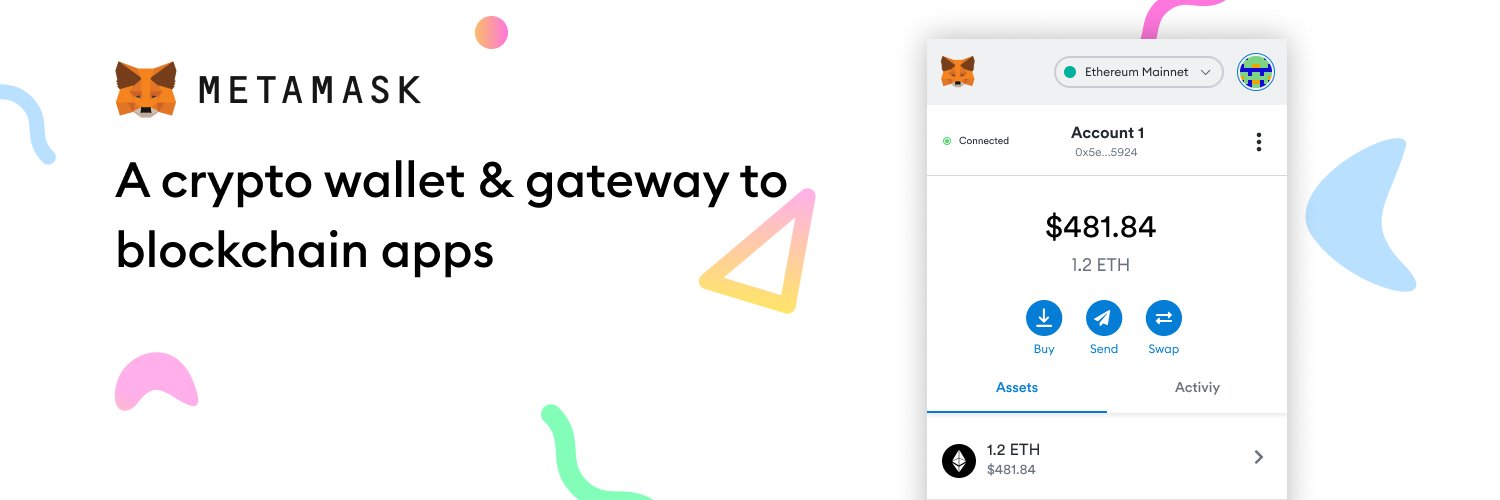
Users maintain complete control over their assets since MetaMask does not hold custody of private keys or seed phrases.
Atomic Wallet
Atomic Wallet is a popular desktop application that offers users complete control over their cryptocurrency savings. The service is designed to store users’ private keys and transactional data on their computers rather than on the provider’s servers, ensuring complete user autonomy.
Atomic Wallet supports more than 300 cryptocurrencies, including most ERC-20 tokens. It offers additional paid services such as credit card cryptocurrency purchases, peer-to-peer transactions, and ShapeShift transactions.
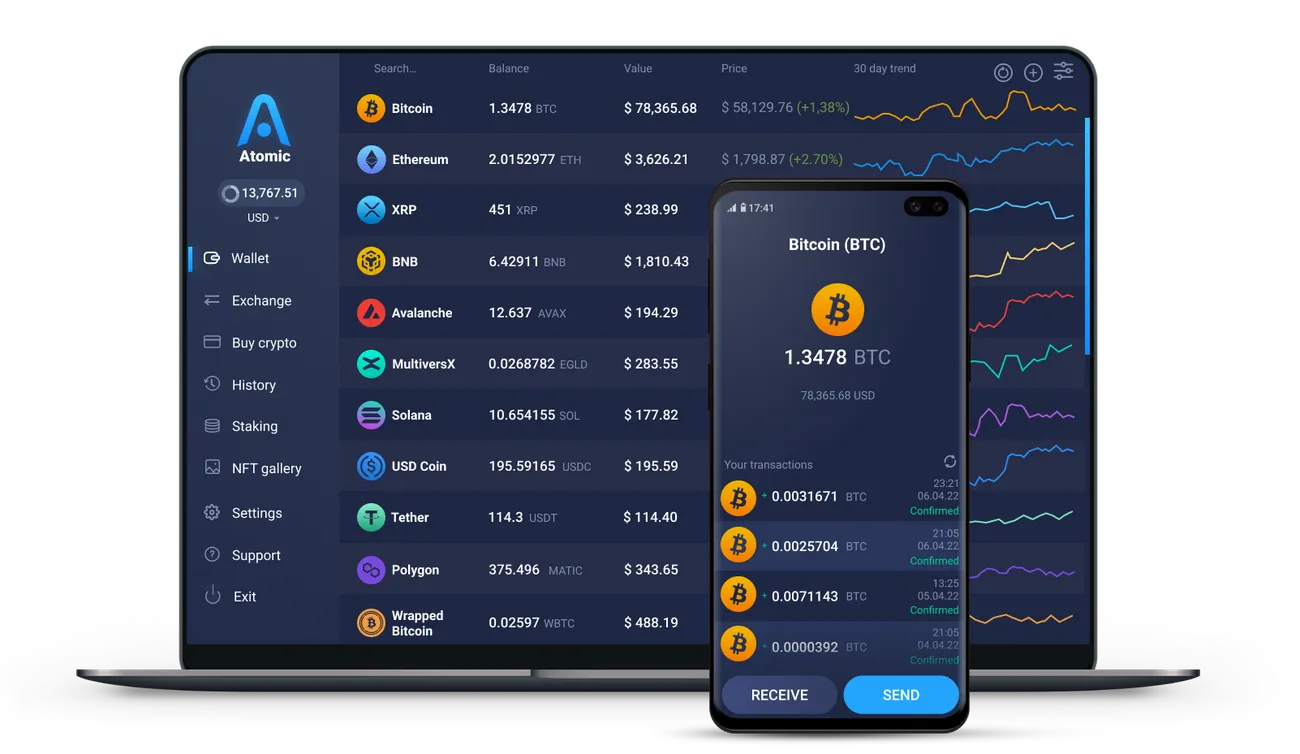
Since it does not require user registration, the wallet does not store confidential personal information or use intermediaries to conduct transactions. All data transferred is encrypted, and users receive a unique backup phrase comprising 12 randomly generated words to recover their wallets.
ZenGo Wallet
ZenGo is a highly secure Web3 wallet that offers users complete control over their cryptocurrencies with no private key vulnerability. The wallet employs advanced Multi-Party Computation (MPC) cryptography, which multi-billion dollar institutions use for added security.
ZenGo is the first wallet application to bring these security benefits to consumers ensuring stress-free access to crypto with industry-leading biometric encryption and 3FA authentication.
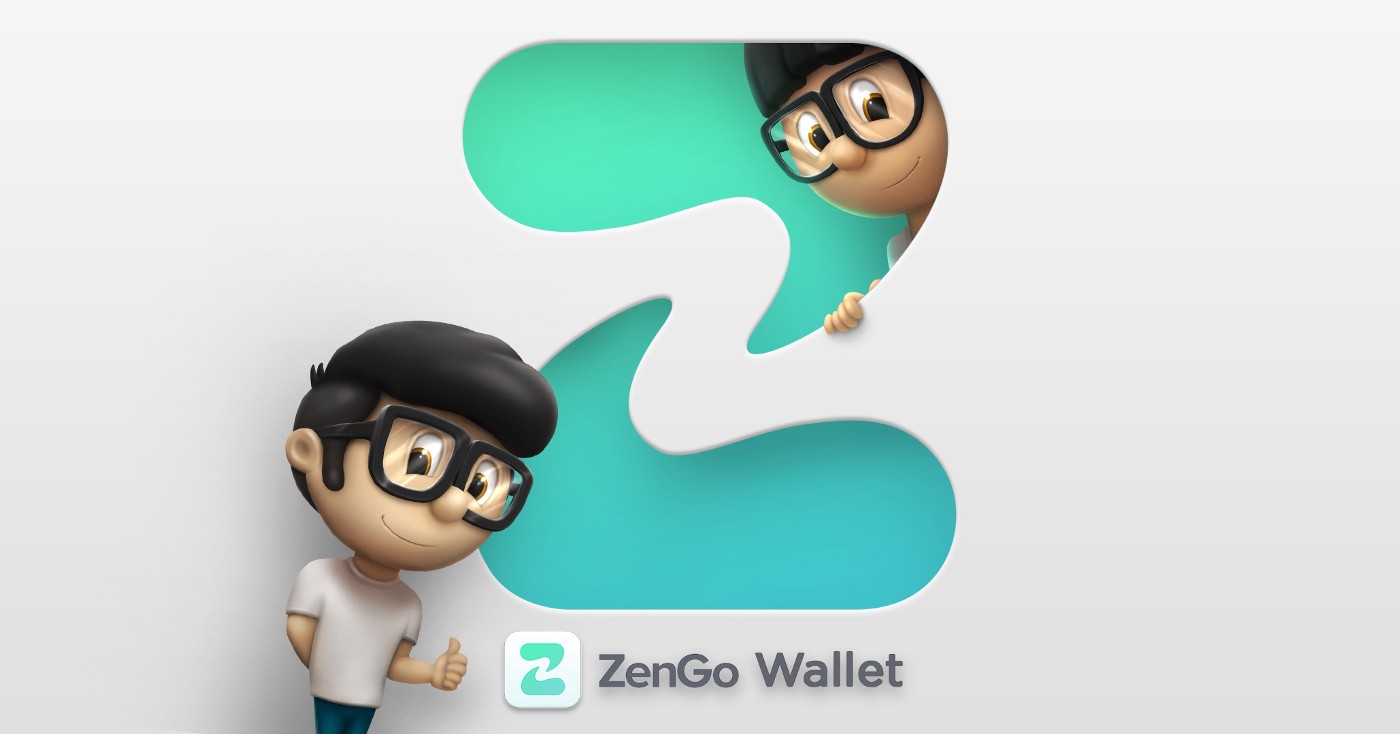
Developed by KZen Networks, a company with a strong focus on security and user interface, ZenGo has no seed phrase vulnerability, making it one of the most secure cryptocurrency wallet apps available.
Kukai Wallet
Kukai wallet, developed for the Tezos Blockchain, is a web app that enables users to seamlessly manage and connect with experiences or dApps built on Tezos.
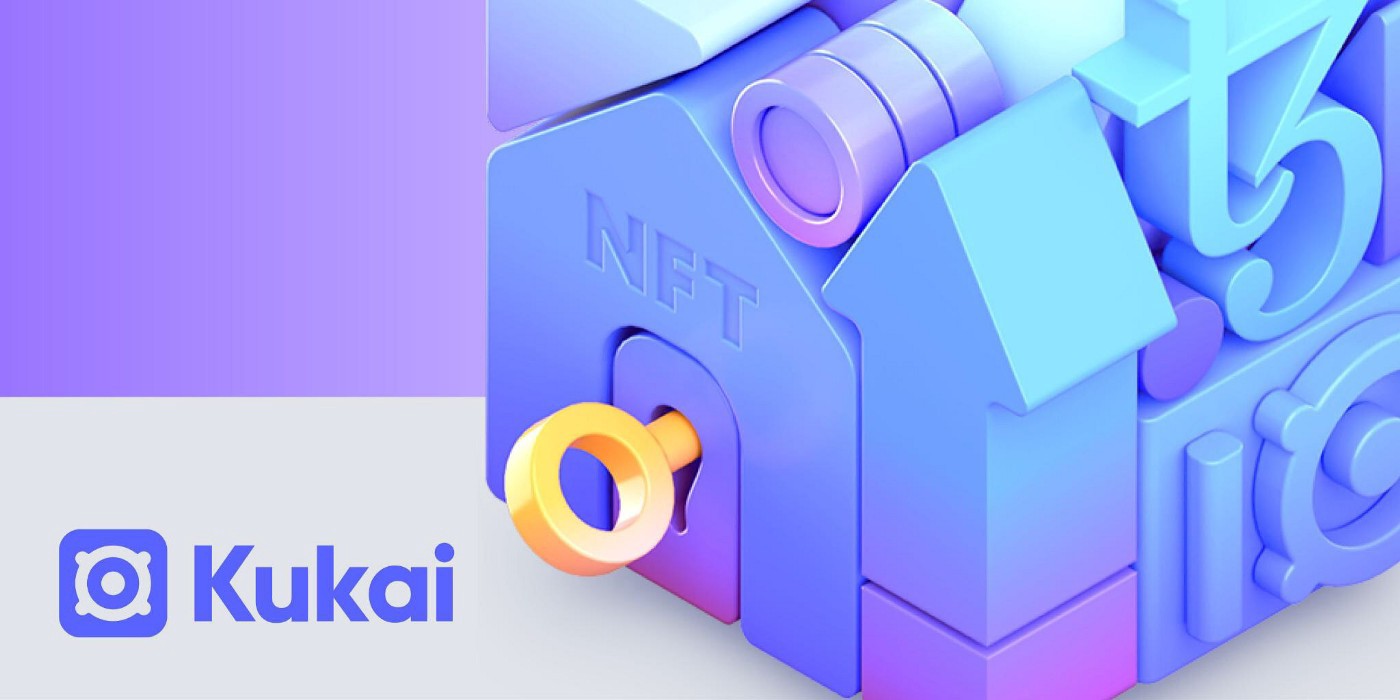
The wallet provides access to these dApps through a browser in addition to access to crypto assets. Users can quickly discover, access, and connect to these applications directly through the Kukai application.
Exodus Wallet
Exodus wallet is a software wallet for Bitcoin and has become a popular choice among cryptocurrency users since its launch in 2015. The Nebraska-based service emphasizes user control and privacy, with private keys remaining on the user’s device and no personal identification or bank interaction required. The code for Exodus is partially open-source, and the wallet has partnered with exchange partners to offer transfer services for a broader range of coins.
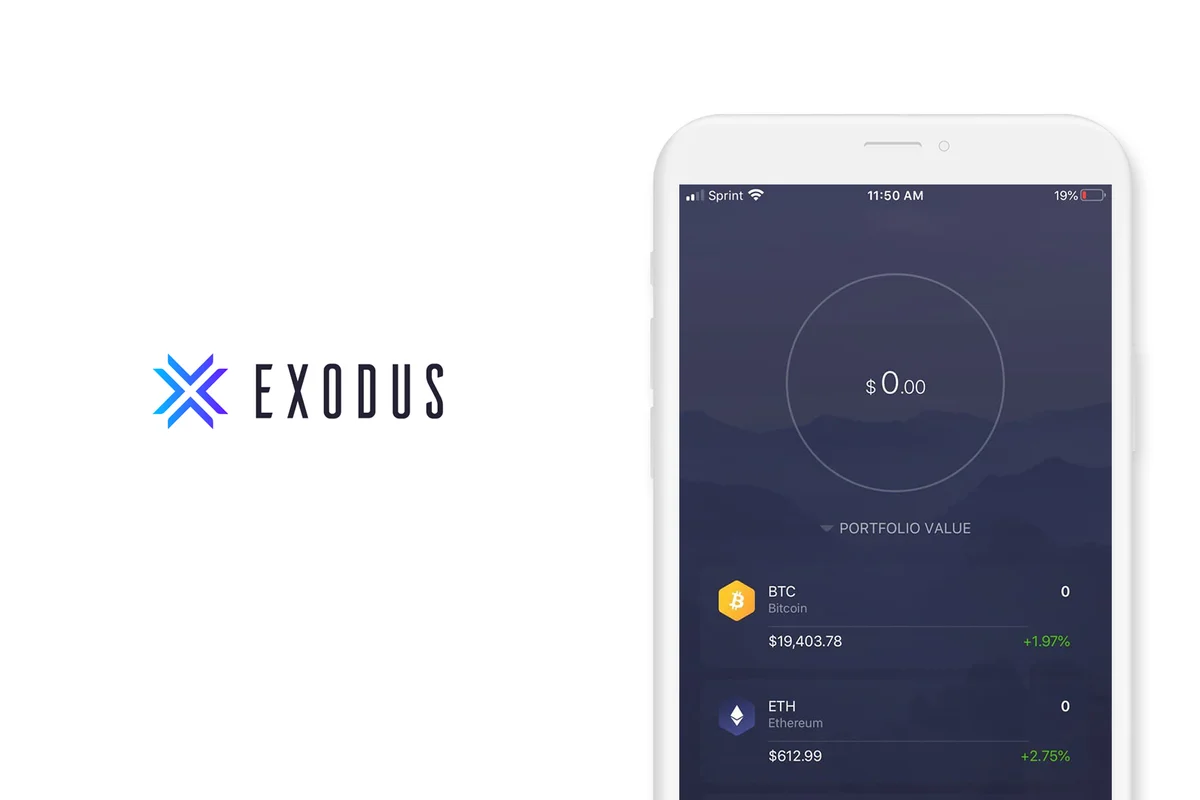
Transaction fees in the wallet are paid only to miners and determined automatically using the Bitcoin fee service. The number of inputs and outputs determines the size of a transaction.
AlphaWallet
AlphaWallet is a mobile-only open-source cryptocurrency wallet designed explicitly for NFTs on the Ethereum network. The user interface is simple and beginner-friendly, with a dedicated NFTs and gaming tokens section.
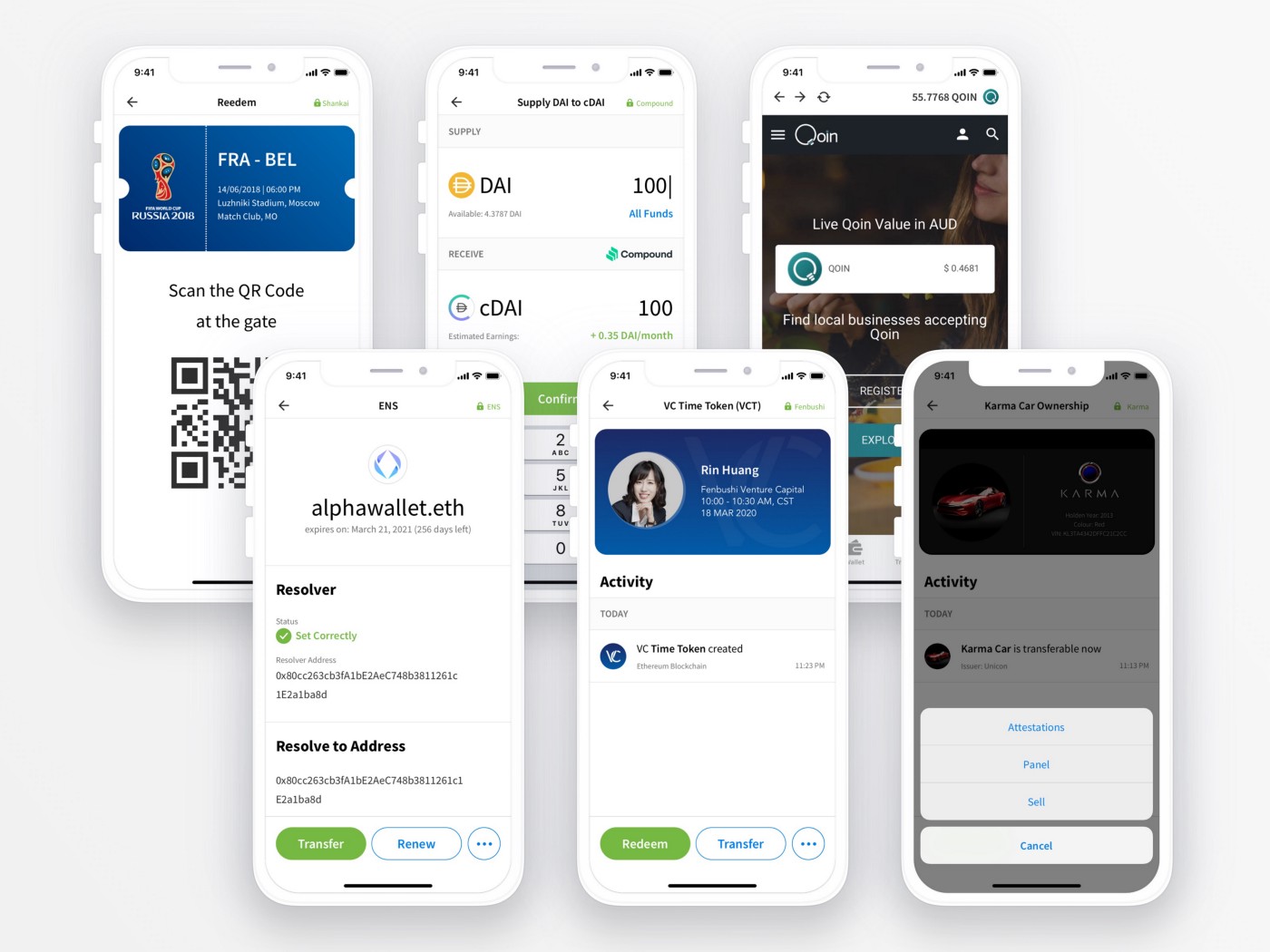
AlphaWallet also allows users to add meta tags to their tokens for easy searching and filtering. The wallet integrates with various NFT marketplaces and blockchain games, including OpenSea, CryptoKitties, Dragonereum, and ChainZ Arena. Additionally, it offers a built-in dApp browser for accessing DeFi applications like Compound.
DeFi Wallet from crypto.com
DeFi Wallet from crypto.com offers a comprehensive suite of DeFi services, including storing tokens, staking for rewards, swapping between token pairs, and interacting with dApps.
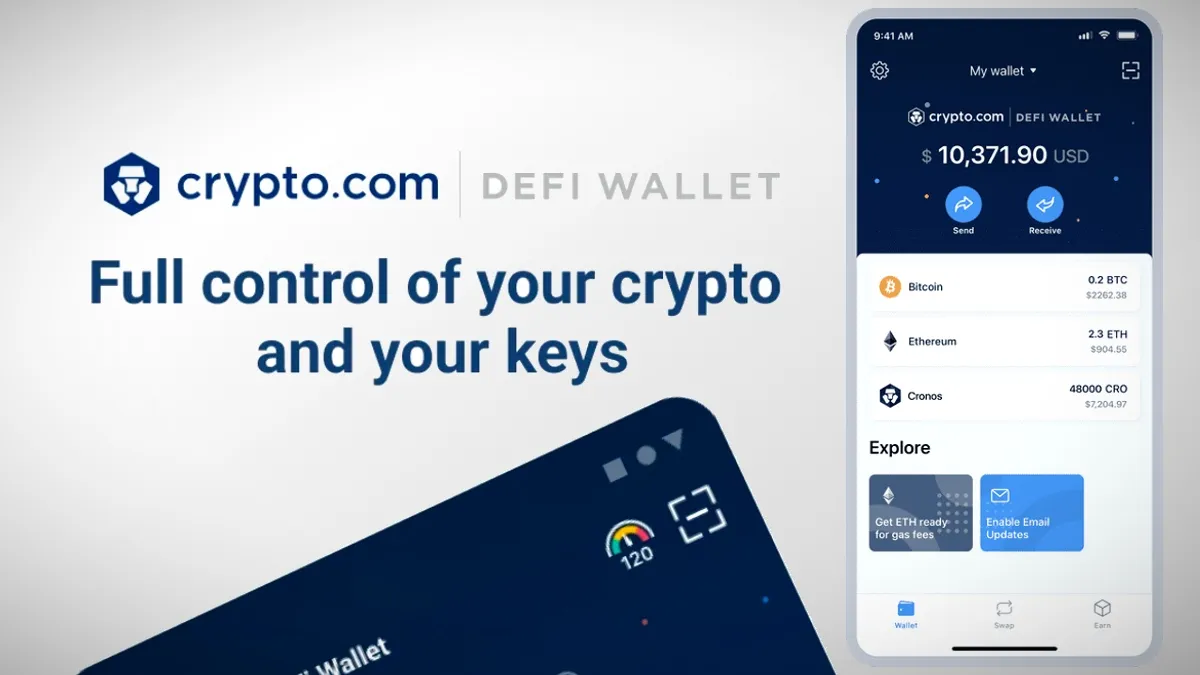
The non-custodial wallet gives users full control over their private keys, ensuring the safety of their funds in the event of a company failure. Users can connect to various dApps such as games, decentralized exchanges, and DeFi platforms, making it ideal for those prioritizing privacy and security.
Trust Wallet
Trust Wallet is a mobile wallet that offers secure storage and access to crypto collectibles on the Ethereum and Binance Smart Chain networks. Crypto collectibles, like CryptoPunks and CryptoKitties, are unique digital assets stored on the blockchain and associated with a public address.
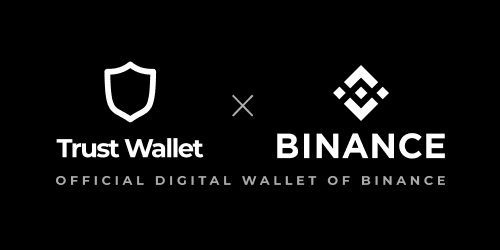
Trust Wallet provides a simple and secure solution for managing and storing these collectibles, making it easy for users to access and manage their digital assets. Trust Wallet’s user-friendly interface and robust security features make it a popular choice among crypto enthusiasts.
FAQs Answered
To buy an NFT, you’ll need to follow these general steps:
1. Choose a marketplace that suits your needs. Various NFT selling platforms, such as OpenSea, Rarible, Nifty Gateway, and SuperRare, are the most sought-after.
2. Set up a wallet: From the numerous wallets listed above, choose one that supports the specific blockchain network the NFT is based on. Make sure your wallet is adequately funded with cryptocurrency to buy the NFT.
3. Browse and select the NFT: Browse through the available NFTs on the marketplace. Narrow down on NFTs using filters based on the creator, collection, price, or category.
4. Place a bid or purchase: Depending on the marketplace, you can either place an offer or buy it outright. Follow the instructions to complete the purchase process.
5. Transfer the NFT to your wallet: After you’ve completed Step 4, you’ll need to transfer the NFT to your wallet. Follow the instructions on the marketplace to initiate the transfer.
To manage your NFTs, you need an NFT wallet that can securely store your private keys, which are used to prove your ownership and access your NFT asset. Your NFTs are stored on the blockchain, and your NFT wallet holds information about their location, allowing you to send and receive them. An NFT wallet will enable you to manage all your NFTs in one place, securely control your private keys, and connect with decentralized apps and NFT marketplaces.
Regarding the security of NFT wallets, there are several factors to consider. Whereas a custodial wallet is a good option for those who frequently trade NFTs, a non-custodial wallet is generally considered the most secure way to store NFTs for the long term.
Final Words
When choosing a crypto wallet for your NFT collection, it is crucial to consider several factors:
- Security is paramount, and activating two-factor authentication is a must.
- Since NFTs can be minted on different blockchain networks, a wallet with cross-blockchain compatibility is necessary.
- A user-friendly interface is essential, particularly for beginners, and lastly, accessibility is key, so a wallet that can be accessed on multiple devices would be ideal.
Si quiere puede hacernos una donación por el trabajo que hacemos, lo apreciaremos mucho.
Direcciones de Billetera:
- BTC: 14xsuQRtT3Abek4zgDWZxJXs9VRdwxyPUS
- USDT: TQmV9FyrcpeaZMro3M1yeEHnNjv7xKZDNe
- BNB: 0x2fdb9034507b6d505d351a6f59d877040d0edb0f
- DOGE: D5SZesmFQGYVkE5trYYLF8hNPBgXgYcmrx
También puede seguirnos en nuestras Redes sociales para mantenerse al tanto de los últimos post de la web:
- Telegram
Disclaimer: En Cryptoshitcompra.com no nos hacemos responsables de ninguna inversión de ningún visitante, nosotros simplemente damos información sobre Tokens, juegos NFT y criptomonedas, no recomendamos inversiones

